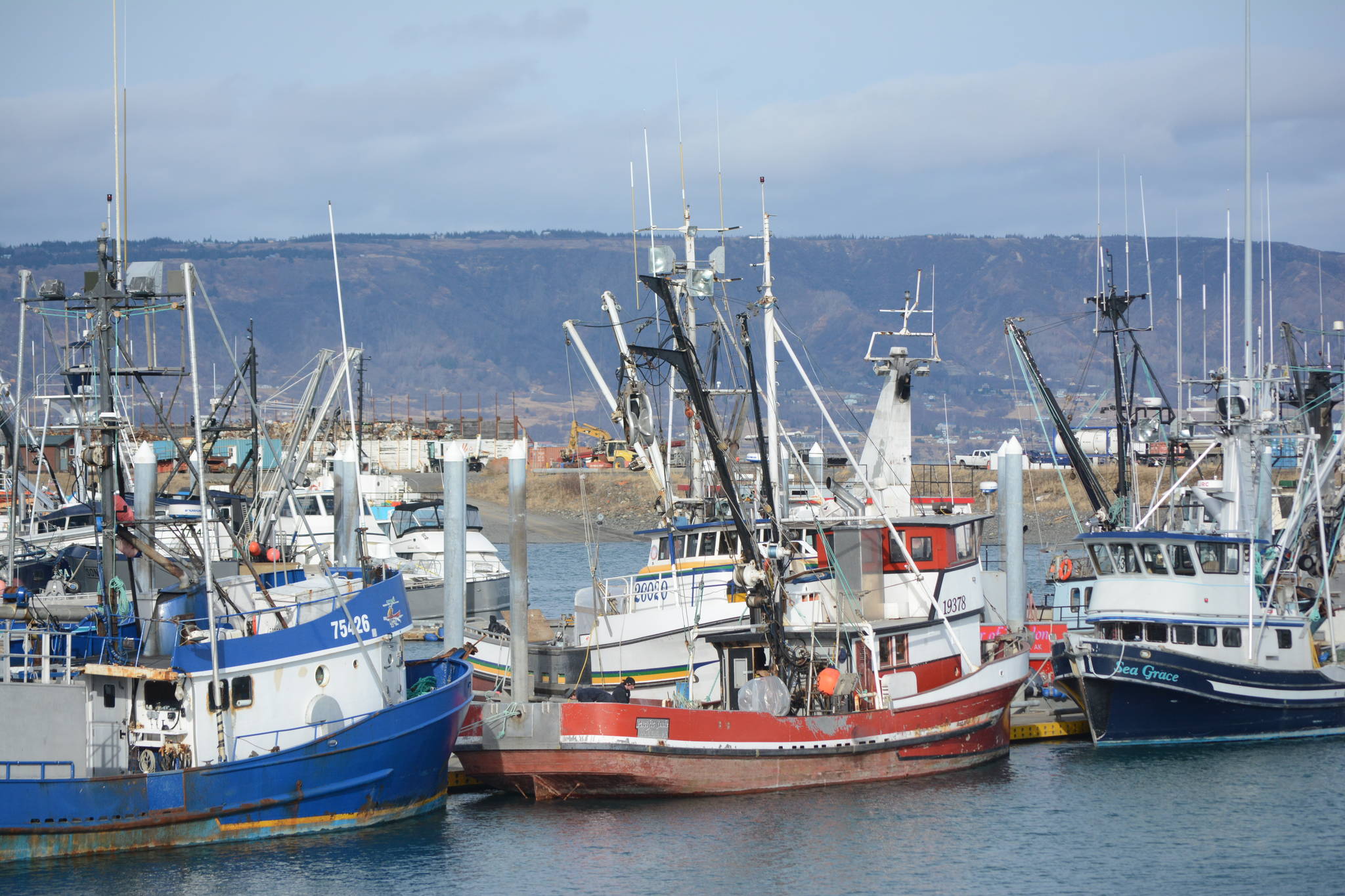Researchers at the University of Alaska Fairbanks College of Fisheries and Ocean Sciences have made a discovery about mortality in late-stage chinook salmon — fish that have been in the marine environment for two years or more — that is a bit surprising.
The researchers, Andy Seitz and Michael Courtney, have been using pop-up satellite tags to study chinook salmon since 2013. A satellite tag is attached to a fish, where it collects data on temperature, depth and ambient light intensity. On a pre-programmed date, the tag releases from the fish, pops up to the surface of the ocean and transmits its stored data to satellites that researchers can access from a computer.
They were testing whether the tags are an effective tool for studying chinook salmon ecology and behavior.
“It has been assumed that the early stage in the ocean is more dangerous,” Seitz told UAF News, “and that fish become safer as they grow.”
The researchers tagged 43 late-stage chinook salmon between 2013 and 2017, and 35 of the tags transmitted data back to satellites. Marine predators, including warm-blooded salmon sharks, cold-blooded fish and marine mammals, consumed 19 of the 35 tagged fish.
The results suggest that late-stage marine chinook salmon may not be as safe as originally suspected.
These fish salmon are an under-studied group, and their decline in recent years has led to fishery closures and restrictions, especially in Cook Inlet.
Early in this project, a number of the tags were transmitting data sooner than expected. Each tag is programmed with an “abort mission!” sensor that is triggered when the tag is inactive for three days, telling the tag to automatically transmit data to satellites even if it’s before the programmed release date.
Seitz and Courtney had tagged big chinook salmon off the coast of Dutch Harbor in December, when temperatures in the Bering Sea are about 39 to 43 degrees. But in many of the prematurely transmitted datasets, the researchers noticed a sudden spike in temperatures days before the data was transmitted.
“The depth records of these tags were still moving up and down, sometimes down to 400 meters, and remaining at this 77-degree temperature,” Seitz said. “The only place that can happen is in the stomach of a warm-blooded salmon shark.”
After exiting a shark’s digestive system, the tag would pop to the surface and remain inactive, triggering data transmission.
Cristy Fry can be reached at realist468@gmail.com.
• Cristy Fry can be reached at realist468@gmail.com.

